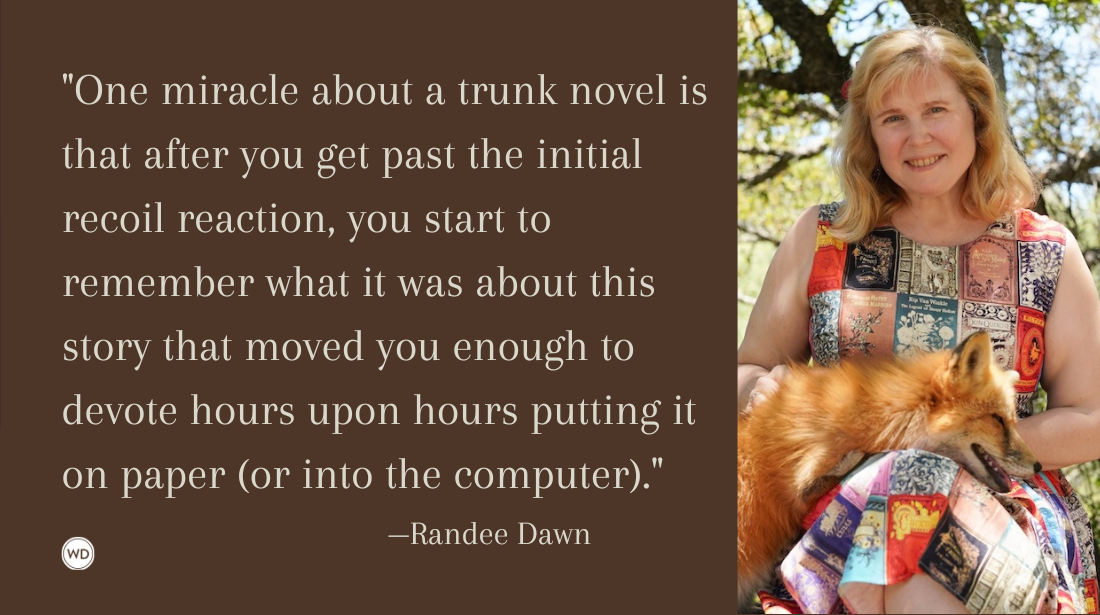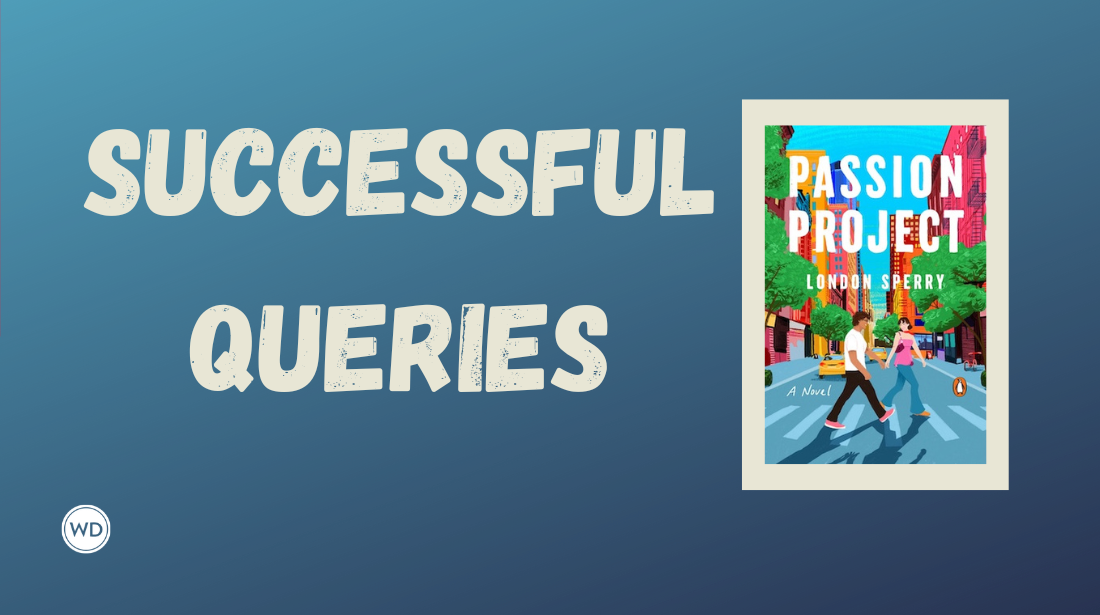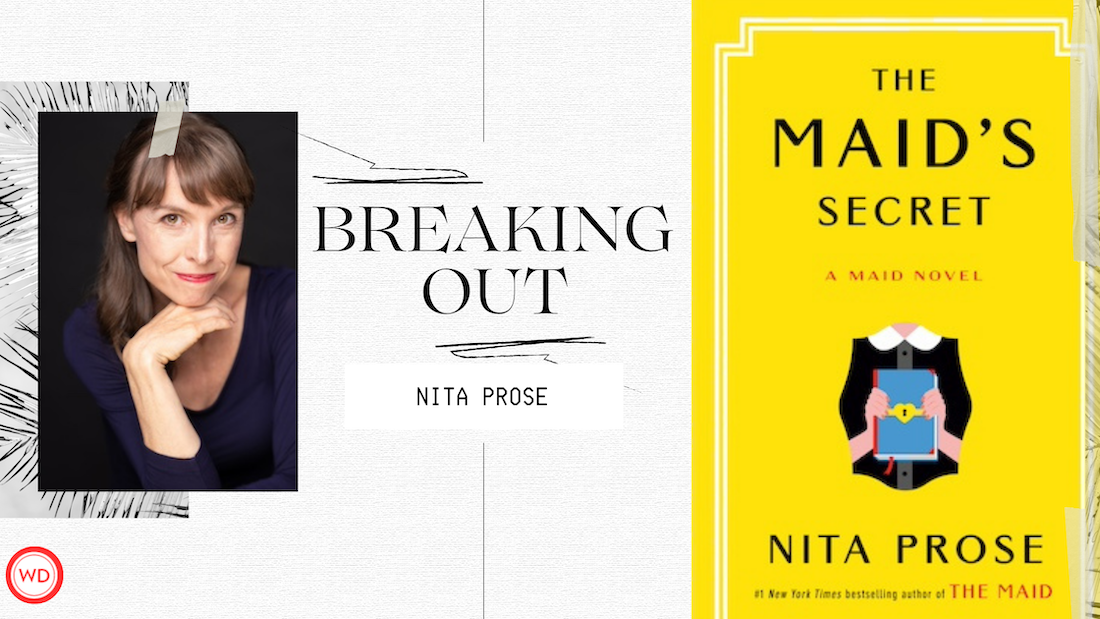10 Tips on Negotiating a Traditional Publishing Agreement
Preparing to sign a contract is an exciting moment in the publishing process—but with it comes important steps to take to protect you and your work. Joseph Perry offers 10 tips on negotiating a traditional publishing agreement.
Congratulations! You finally got the coveted contract from a traditional publisher. Before you sign on the dotted line, there are some things you’ll want to chat about with your agent or lawyer. Below are some negotiating tips to get the deal more in your favor.
1. Grant of Rights. This is arguably the most important part of the contract. Everything else stems from it. You want to make sure you grant the publisher an exclusive right to publish your work. Make sure to not assign your book to your publisher. Once this happens, you won’t own the copyright to your book and you will effectively lose control of it.
2. Representations and Warranties. A representation is a state of fact at a given time, and a warranty is a promise into the future that your representation will remain true. You will likely see that your publisher is asking you to represent and warrant, among other things, that your book doesn’t violate copyright laws, isn’t libelous, and isn’t harmful or injurious to readers. If you read your representations and warranties and you’re unsure if your work violates any of them, ask to qualify the language “to the best of Author’s knowledge.”
3. Delivery of Manuscript. The acceptance of your manuscript is often tied to authors receiving portions of their advances, so be sure to get in writing that your work is accepted. If it’s not, ask the publisher to state why and give you a grace period to make your revisions (30 to 60 days). In addition, ask for the acceptance to be satisfactory to the publisher “in form and content,” so the publisher can’t arbitrarily reject your manuscript.
4. Royalties. This section can be its own article. There are so many nuances here that I will generally say to try to get your agent to get list royalties vs. net royalties. Ask your agent if your royalty terms are typical and how you can increase your rates.
5. Subsidiary Rights. Ask your agent to see if your sub-rights breakdowns are favorable (they differ depending on the territory). Also see if your agent has a foreign rights agent to sell your work internationally.
6. Option. Try to narrow this clause so your next book covers the same subject or substantially similar book. If you have a collaborator, try to have the option clause only pertain to your specific collaborative team (in case you want to work with others).
7. Cover Art. At a bare minimum, ask the publisher if you can consult on the book cover.
8. Indemnification. Indemnification generally concerns itself with what happens when there is a lawsuit involving your book, such as who pays the legal costs and how the defense of the lawsuit will proceed. Ask the publisher if it has insurance to cover its authors and the amount of the deductible. Also see if you can narrow the clause so that it is triggered by a final, non-appealable judgment rather than a simple claim (note: this will be difficult to get). You can also see if the publisher won’t settle anything without your consent.
9. Out-of-Print. Try to eliminate language that states electronic or print-on-demand editions are considered in print. This may be problematic if you want to move on with a publisher because the book will still technically be considered in print. You can further try to limit the language by saying the clause only refers to print books in a particular language or inserting a financial threshold (e.g., print books in the English language and/or sales less than $100).
10. Author Copies. Try to get more than your standard five to 10 copies. You can ask for a carton (50 copies) for example.
(Disclaimer: This article concerns itself with US law only and is for informational purposes. It is not intended to be legal advice. If you have a legal issue, contact a lawyer near you.)
Joseph Perry is a literary agent and publishing attorney at Perry Literary, Inc., and The Law Offices of Joseph J. Perry, P.C. As an agent he represents bestselling cookbook authors, athletes, musicians, journalists, influencers, academics, and more. As an attorney, Joseph counsels clients in the publishing industry, where among other things, he drafts, reviews, negotiates various publishing agreements, and conducts pre-publication review of manuscripts. You can reach Joseph at JosephPerryLaw.com or PerryLiterary.com.
Joseph obtained his Juris Doctor from St. John’s University School of Law and a Master of Arts and Bachelor of Arts in English from St. Bonaventure University. He is a graduate of New York University’s Summer Publishing Institute.








